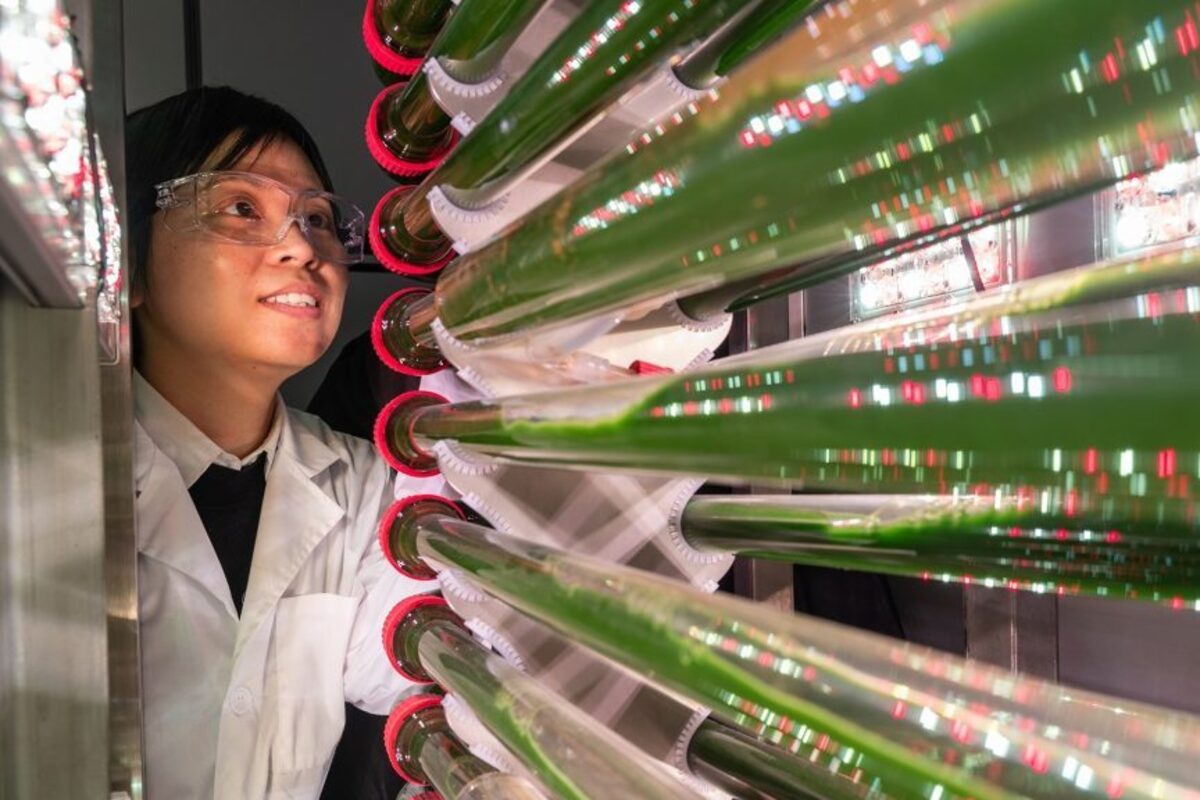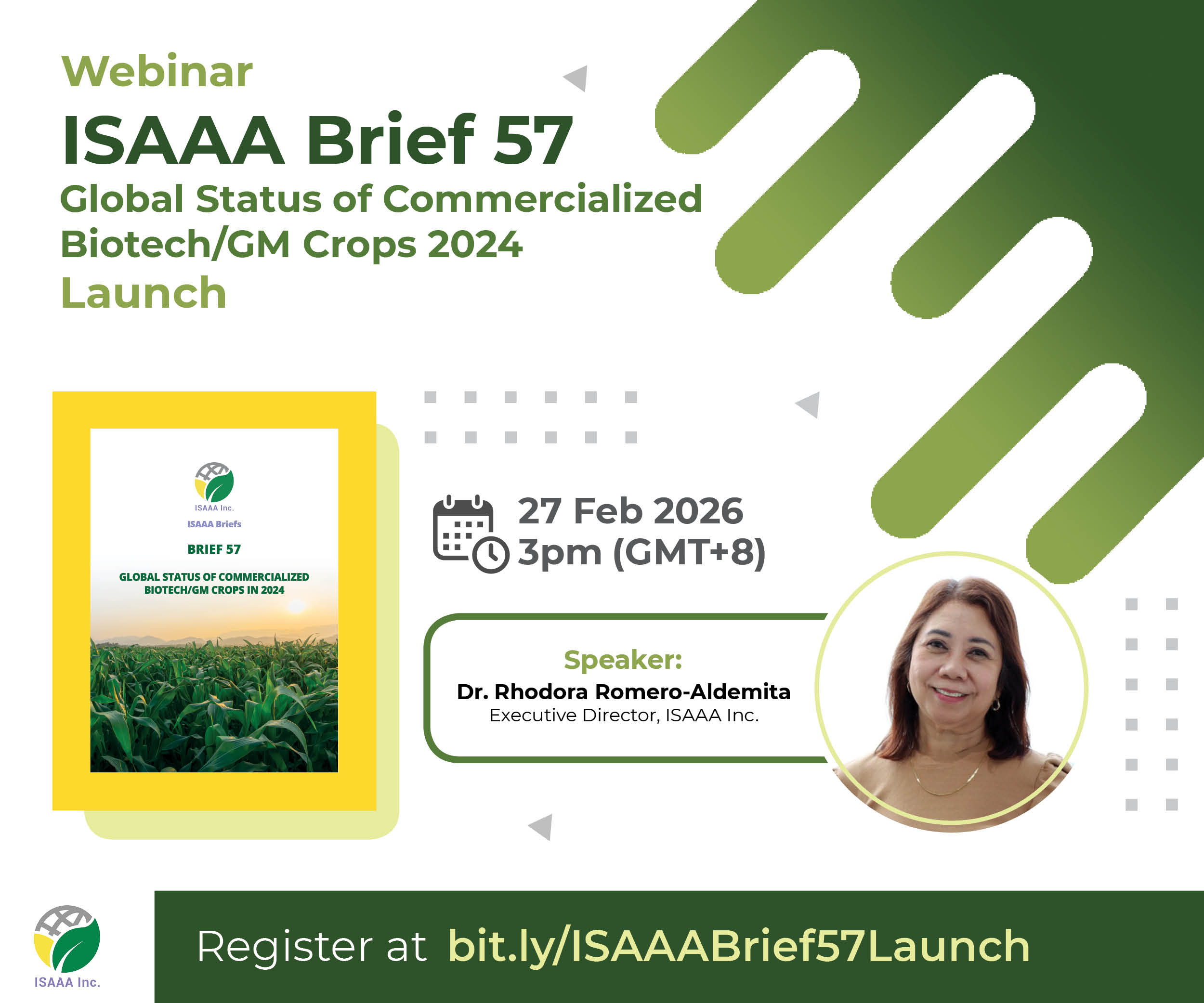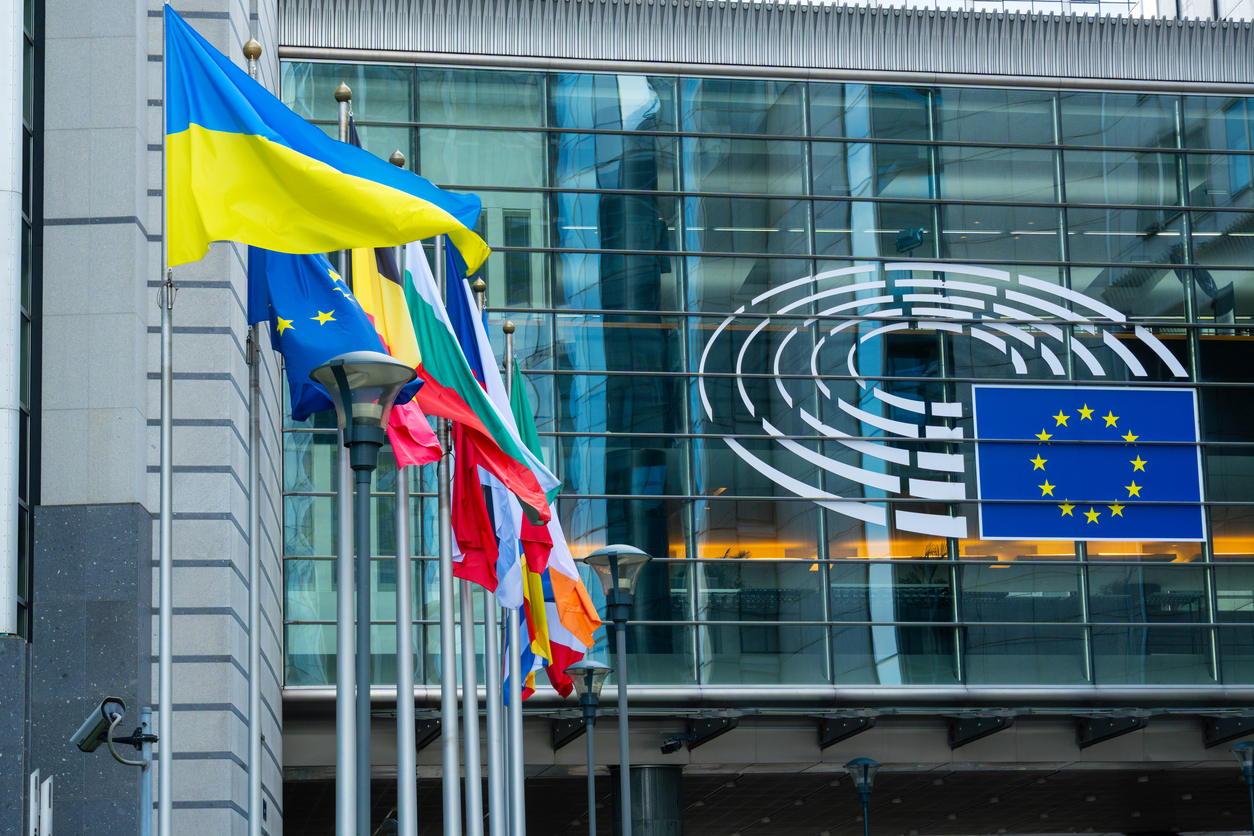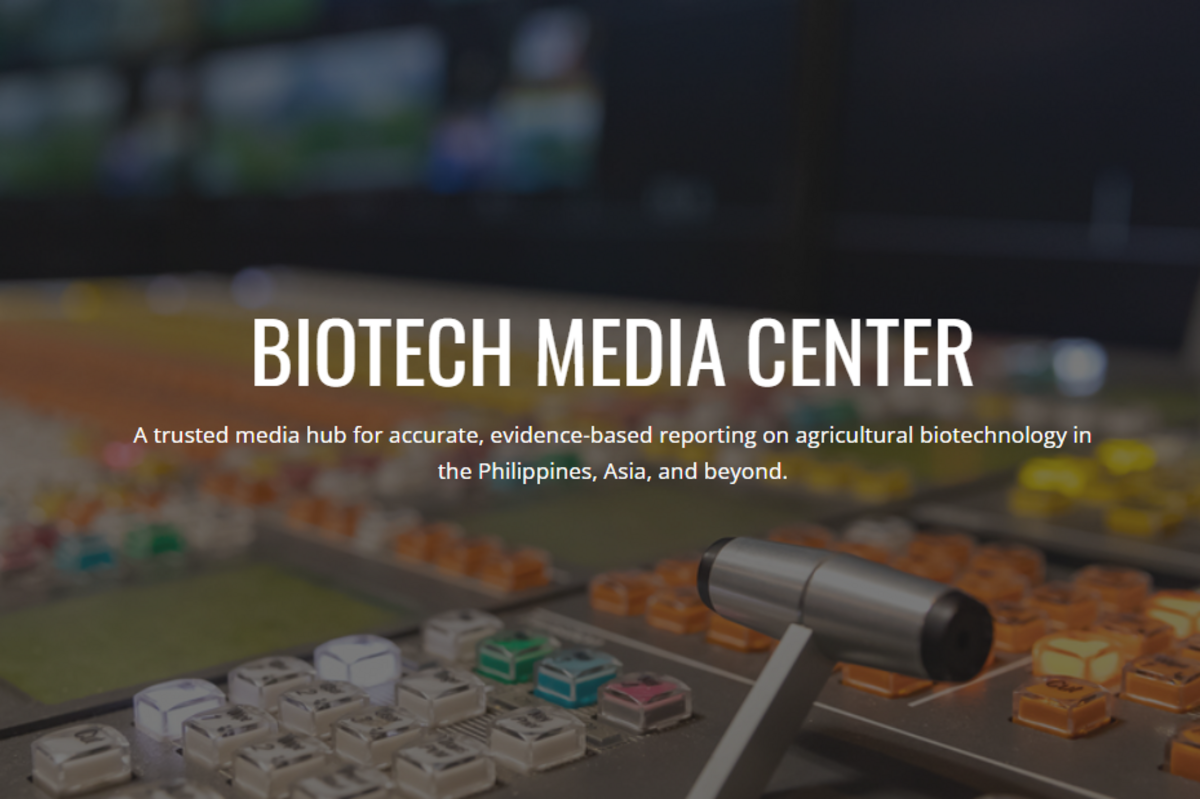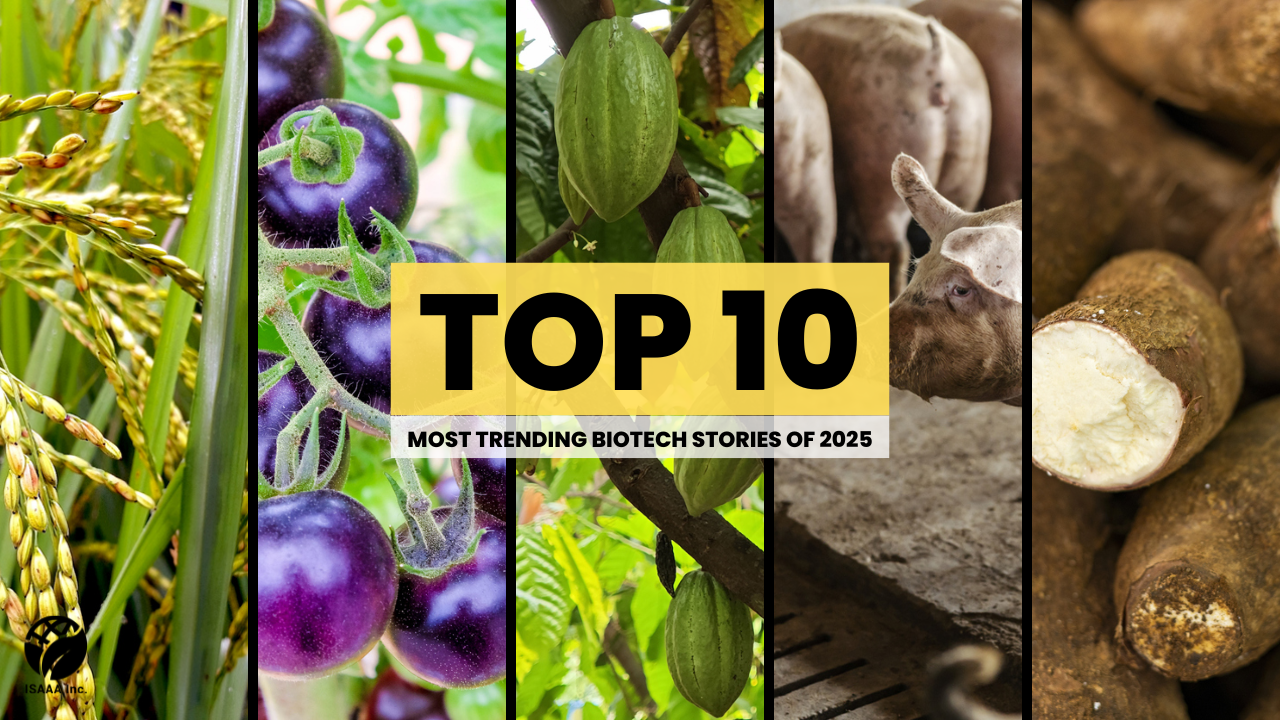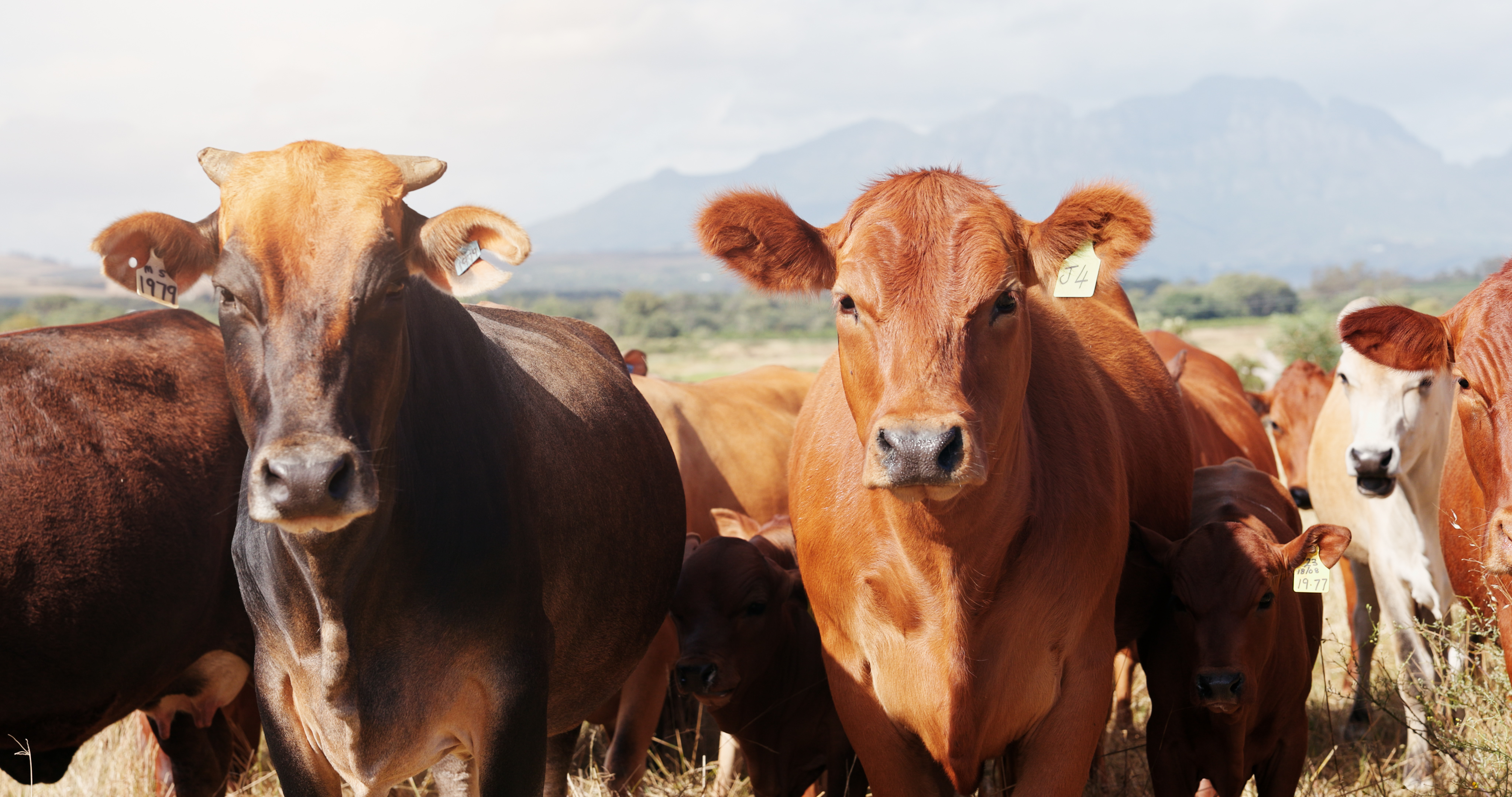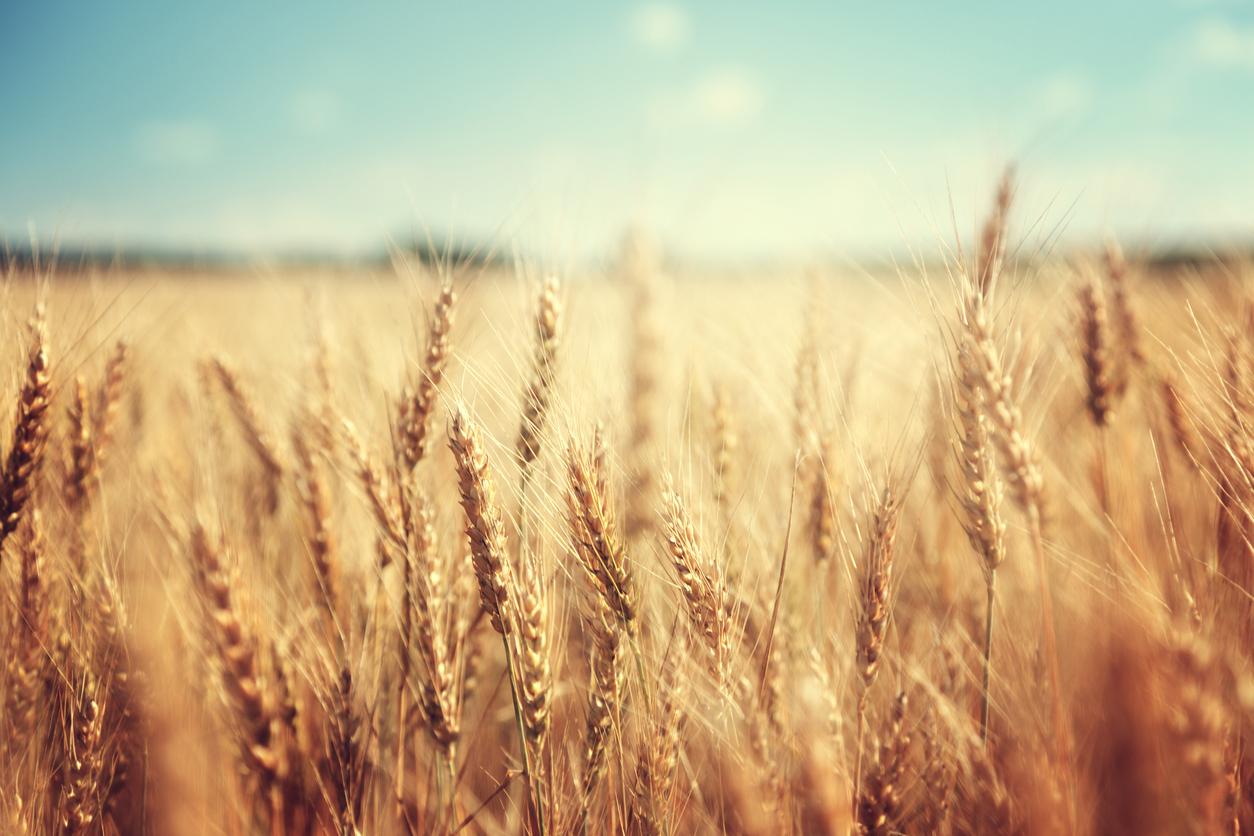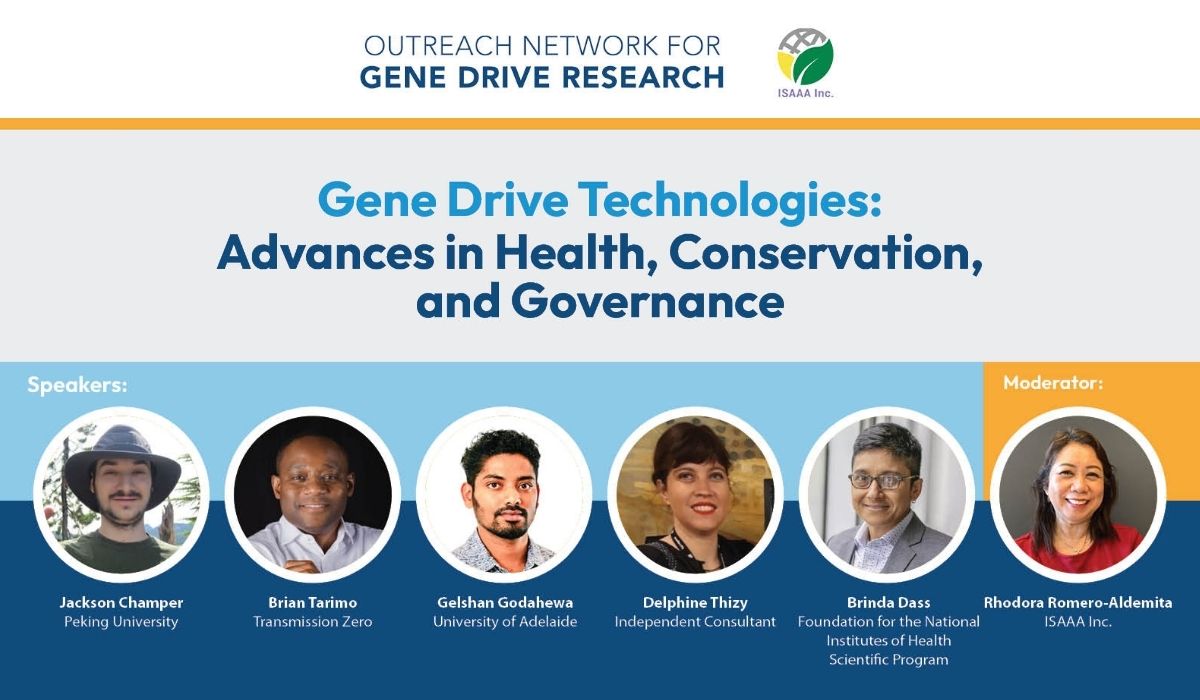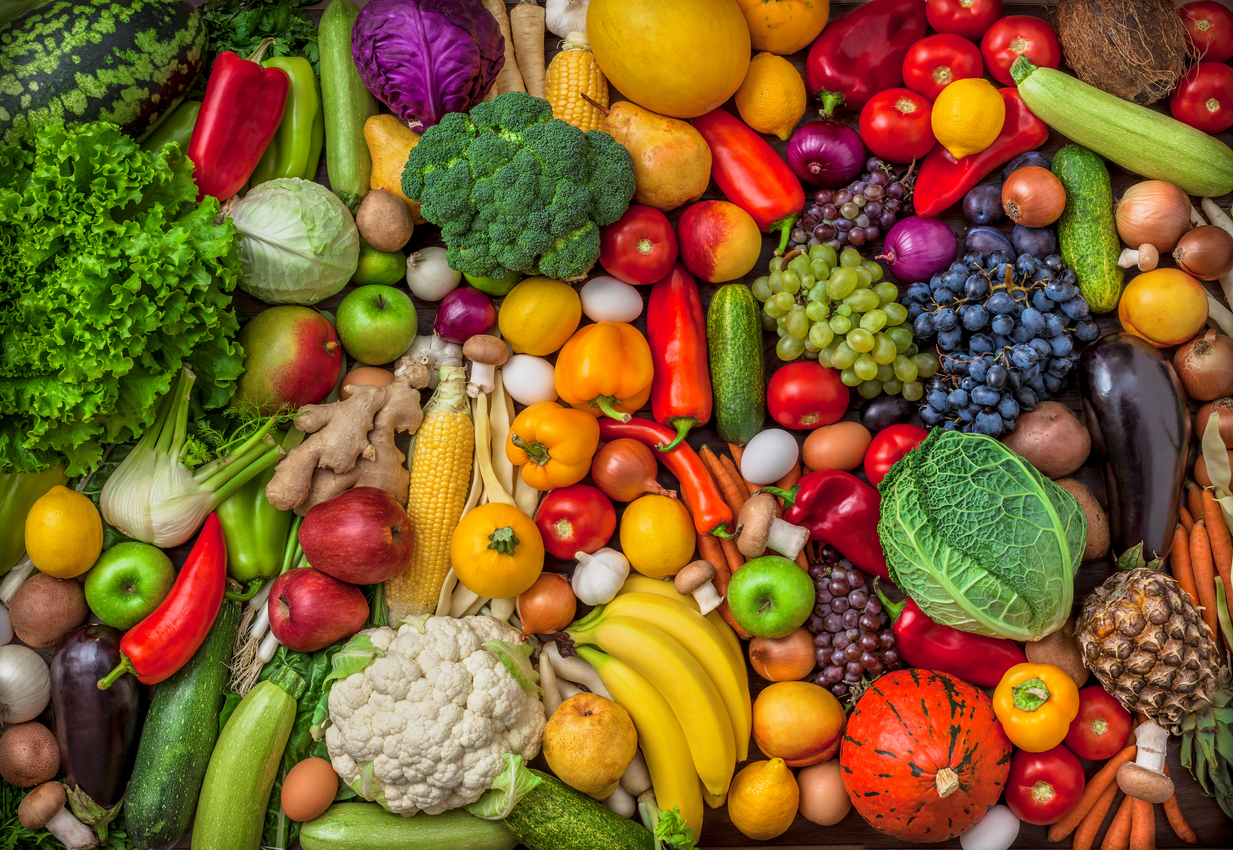First Kapihan Session Convenes Lawmakers to Tackle Commercialization of Agri-Biotech Products in the Philippines
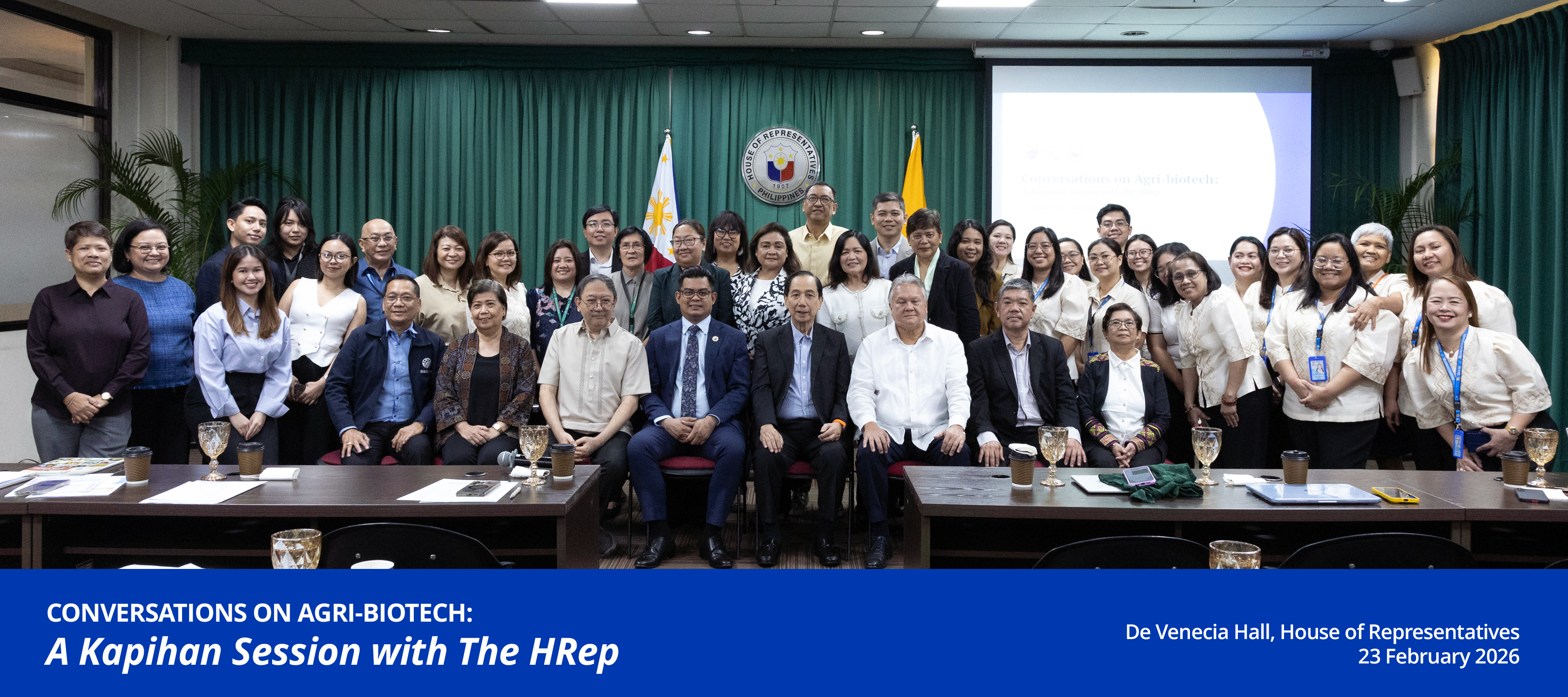
The Philippines is recognized as Southeast Asia’s pioneer in agricultural biotechnology. It was the first in the region to establish a formal regulatory framework for genetically modified (GM) crops. The country reached a major milestone on December 4, 2002, when the Department of Agriculture - Bureau of Plant Industry (DA-BPI) approved the commercialization of Bt corn (MON 810), with the first successful planting following in 2003.
Blog Archive
Emerging Biotechnological Solutions for Plastic Waste Management
ISAAA to Launch 2024 Report on Global GM Crop Approvals and Adoption
ISAAA, Inc. and DA Biotech Program Launch the Biotech Media Center
Most Trending Agri-biotech News in 2025
IWRAAAAB 2025 Bridges Science and Policy for Animal Biotechnology
Saving Every Bite: How Biotech Crops Are Fighting Global Food Waste
Science Speaks is ISAAA Inc.'s official blog. Weekly blog articles, authored by ISAAA writers, partners, and invited contributors, aim to help share, disseminate, and promote scientific knowledge and its vital role in achieving global agricultural sustainability and development. Your support to Science Speaks will help us achieve this goal. You can help us by donating as little as $10.


